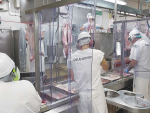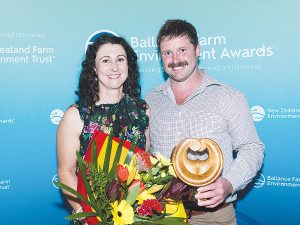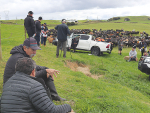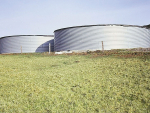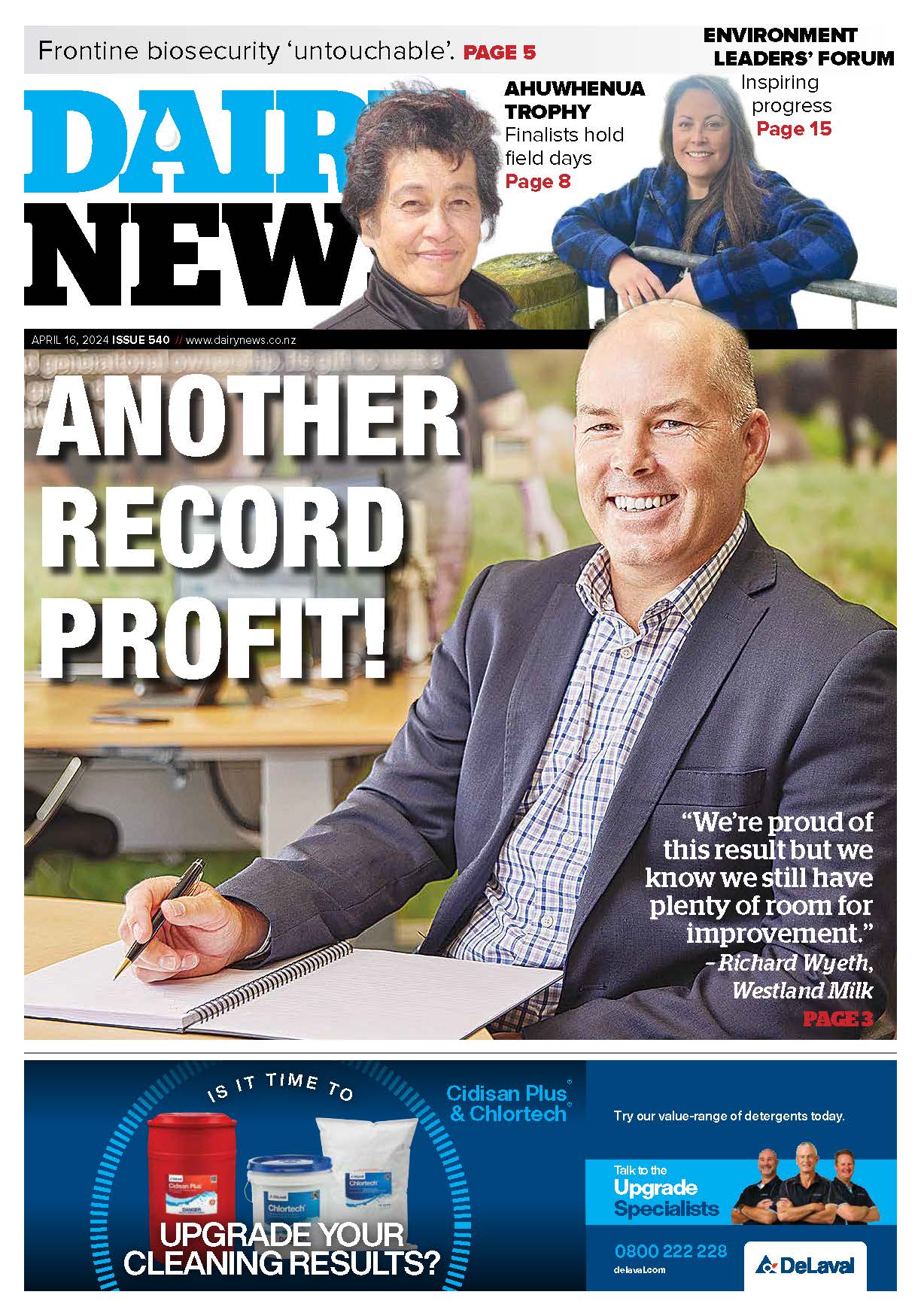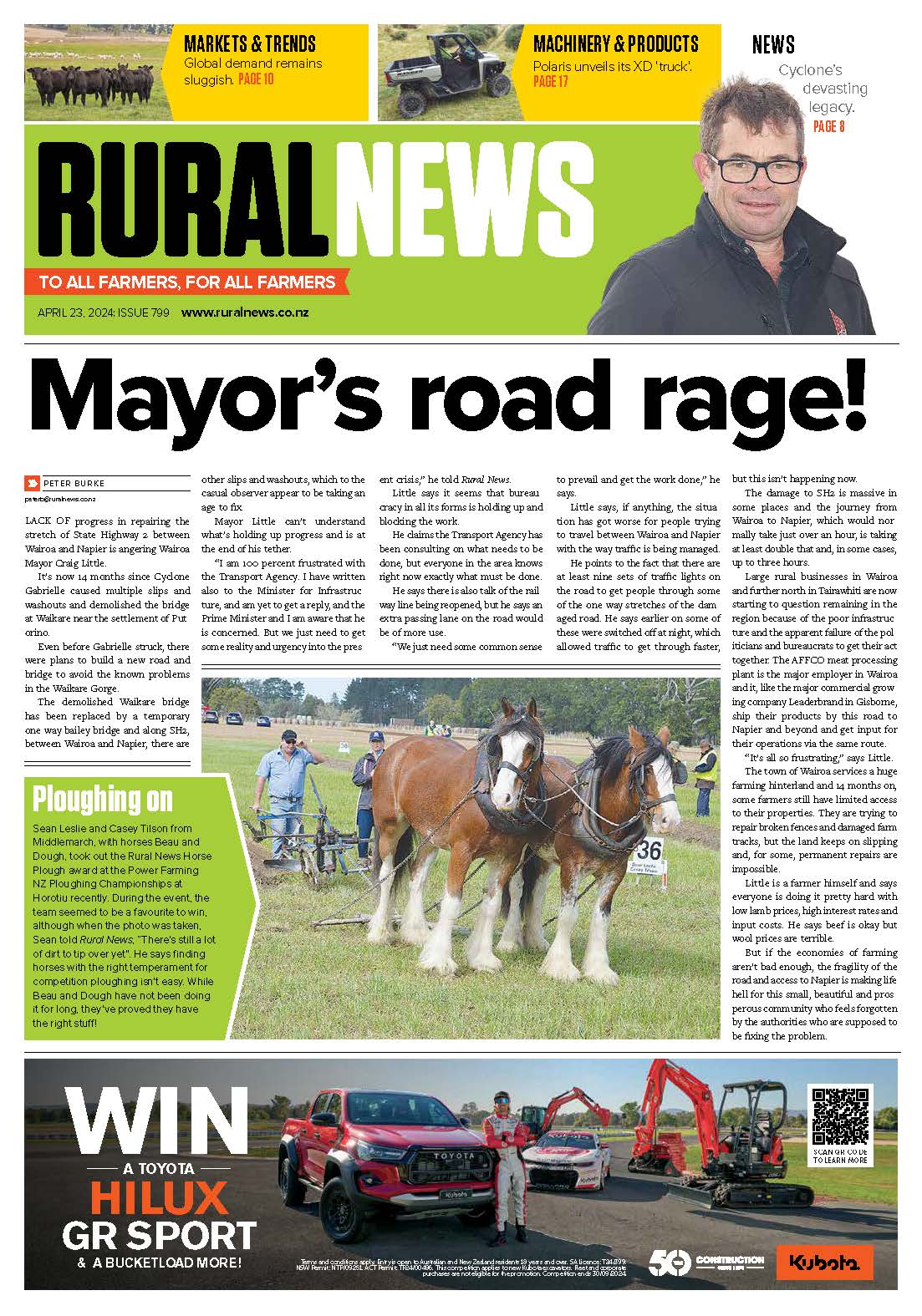China will soon have 200 million people with chronic illnesses and it will demand food with health benefits, said Paul McDonald, pro vice-chancellor at Massey College of Health.
"Our economic value is linked inextricably to our ability to produce extra health value," he said.
Producing "safe food" goes beyond what we have traditionally thought, he said, and extends to the need to produce foods which help with metabolic disorders and other chronic illness.
China, our largest export destination for food, has 100 million people aged over 40 who have some type of chronic illness: heart disease, stroke, cancer and diabetes are the big ones. That is expected to increase, even double, over the next 15 years to 200 million -- and that's just one country.
"The Chinese are currently spending more and more on health care; their health care expenditures are growing by 11.8% per year," said McDonald. "That's more than four times the rate it is growing here in New Zealand and we know how we are struggling. Most of that is related to the growth in chronic illness."
Of those 200 million people, up to 40% can be prevented from developing chronic illness as a result of changes in diet. If we don't produce new healthy food products our export market may not expand.
"China will absolutely demand that the food they import will keep their citizens healthy," McDonald said. "The reason is not just because of health care expenditures but also the effect on the labour force. They have a growing problem with the ratio between those members of the population in the workforce and those no longer in it. Of those 200 million, 50% are still in the workforce. The more intense the spread of disease, the more the impact on their productivity as a nation.
"For the 200 million expected to have chronic illnesses there is an opportunity and a need to produce food that will help their symptoms and the exacerbation of their symptoms to help them manage and keep them in check."
The World Bank has reported that if China was able to reduce one disease (cardio-vascular disease) by 1% per year over the next 20 years, it would be worth $16.5 trillion.
"From an economic viewpoint it is an imperative, and what a huge opportunity it is when you take the example of the product Anlene and develop more products that prevent and help manage this massive increase.
"I am just talking about China: we are seeing a worldwide epidemic in chronic illness. The opportunities for this country to meet that market are substantial and imperative to our long term economic growth."
Massey University food scientist Professor Paul Moughan said along with the one billion people globally with malnutrition problems because of too little food, conversely there's a worldwide epidemic of obesity. And many Asian people, while not looking obese, are "packed with fat within".
Too many people were eating too much of the wrong types of foods, he said. That brings about the metabolic syndrome seen in developed countries and increasingly in developing nations. This is associated with obesity, high blood pressure, diabetes and cardiovascular disease – all largely preventable by diet and lifestyle
"The metabolic syndrome is rife in developing countries and often you might go to Asia and you don't necessarily see a lot of people who are classically obese."







